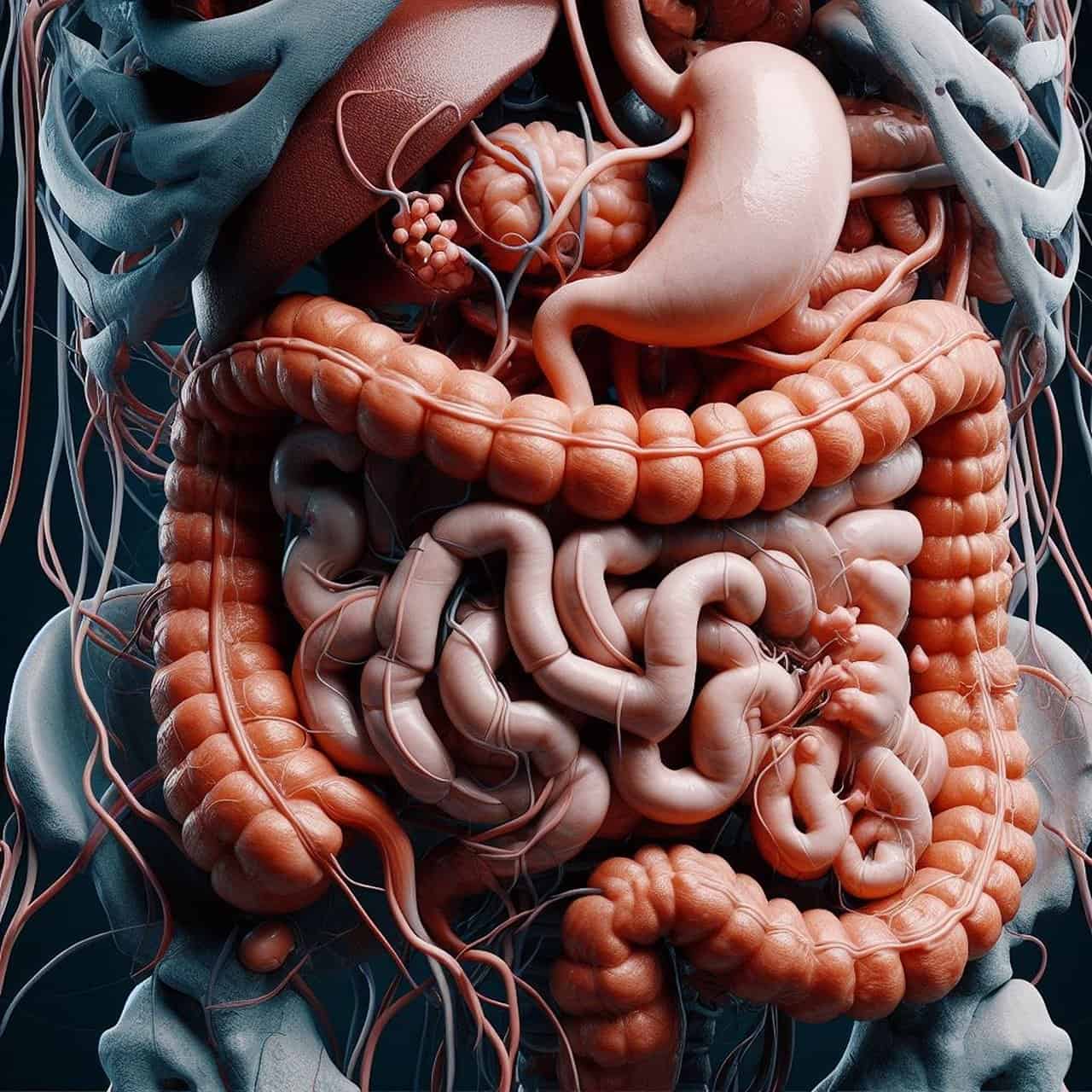Most people tend to overlook their digestive health until issues arise, with the worst-case scenario being a diagnosis of gastrointestinal (GI) cancer. With no definitive cause for this disease, the only way to safeguard yourself is by early detection of abnormal growths. Early detection of colorectal cancer simplifies the treatment process and also saves lives. With a wide range of gastrointestinal cancer screenings in Singapore, it can get a little confusing and overwhelming to research. Adding to the challenge is the amount of misinformation surrounding the screening itself. This article aims to debunk these myths and inform you about the benefits of cancer screening, the types of cancer screenings in Singapore and how to determine the screening method that you require.
All About Gastrointestinal Cancer Screening

As the name suggests, this cancer begins in the gastrointestinal tract (more commonly known as the digestive tract), where a tumour will grow due to an abnormal DNA change. While the exact cause of these growths is still unknown, factors like lifestyle choices and genetics are believed to play a role. In many cases, GI cancer may not present any visible symptoms until it has progressed, which is why screening tests are crucial for early detection. The benefits of getting a screening test are manifold, here are a few:
- A stool test can help detect cancer even before the symptoms appear
- Early detection, which reduces the need for extensive treatments and reduces recovery time
- A higher survival rate with early detection
So, this should ideally incentivise people to go for cancer screenings, but, there is a lot of false information revolving around the topic.
A few myths about gastrointestinal cancer screenings are:
- There are no harms from a gastrointestinal screening:
While cancer screening can be beneficial, it’s important to recognise that it can carry some risks. One issue is overdiagnosis due to the probability of false positives. Nonetheless, if you have symptoms of gastrointestinal cancer, such as fatigue, unintentional loss of weight and loss of appetite, or have important risk factors, it is advisable to consult a gastroenterologist to discuss a suitable frequency for gastrointestinal screening.
- Gastrointestinal cancer screening has a 100% accuracy rate:
Screening tests will not be 100% accurate as it can have false negatives as well as false positives. It’s always good to get a second opinion before going in for gastrointestinal cancer treatment.
- Only old people need to undergo gastrointestinal cancer screening:
Although it is true that the likelihood of having cancer does increase with age, it still does not negate the fact that younger people can get it. Therefore, if there are any symptoms of gastrointestinal cancer, we advise looking at your options for gastrointestinal cancer screening in Singapore.
Now that you have a better understanding of what a gastrointestinal cancer screening test can and can’t do, let’s delve into the types of cancer screening in Singapore.
- GASTROClear:
GASTROClear screening is the world’s first molecular blood test developed in Singapore to detect early-stage stomach cancer. It detects all stages of stomach cancer with up to 86% sensitivity and up to 89% specificity in an asymptomatic average-risk population.
- FIT test:
The FIT (faecal immunochemical test) test is a stool test that also detects hidden blood in the stool. Detecting blood in the stool is important because it can be a sign of precancerous polyps or colorectal cancer.
- Colonoscopy:
A colonoscopy is a procedure wherein changes in the large intestine are observed, such as swollen, irritated tissues, polyps or cancer. It is done by inserting a flexible tube (colonoscope) into the rectum.
- Gastroscopy:
This is another type of endoscopy that looks for abnormalities in the stomach. A long, thin, flexible tube with a small camera inside (called an endoscope) will be put into your mouth, down your throat and into your stomach.
These tests have various advantages and disadvantages, your gastroenterologist should consider these criteria before recommending a screening test:
- Age, general health, and family history
- Cost of the test and if your insurance can cover it
- The potential harm of the test
- Follow-up care after the test
- Allergies
While this information is crucial in your health journey, it’s always important to consult a doctor—this is when a gastro specialist in Singapore would be helpful!
Alpha Digestive and Liver Centre—Specialist Clinic Dedicated to Your Wellbeing
We at Alpha Digestive and Liver Centre have a plethora of services for any gastrointestinal condition; from cancer screening in Singapore such as GASTROclear screening, to diagnostic tests and minimally invasive treatment procedures; we have you covered.
If you are concerned for your gut health, don’t hesitate to call us today and book a consultation with an experienced gastro specialist in Singapore!
References
- Types of Gastrointestinal Cancer. Pennmedicine.org. Accessed December 13, 2024. https://www.pennmedicine.org/cancer/navigating-cancer-care/programs-and-centers/gastrointestinal-cancer-program/types-of-gastrointestinal-cancer.

